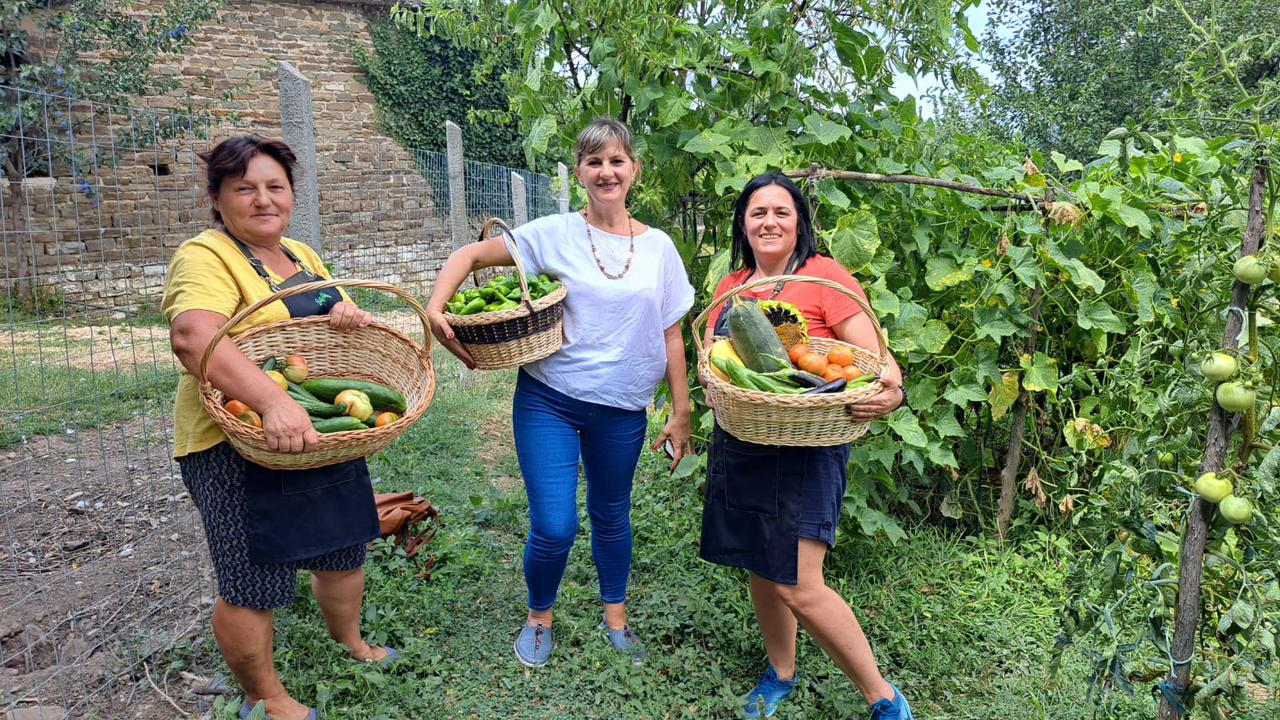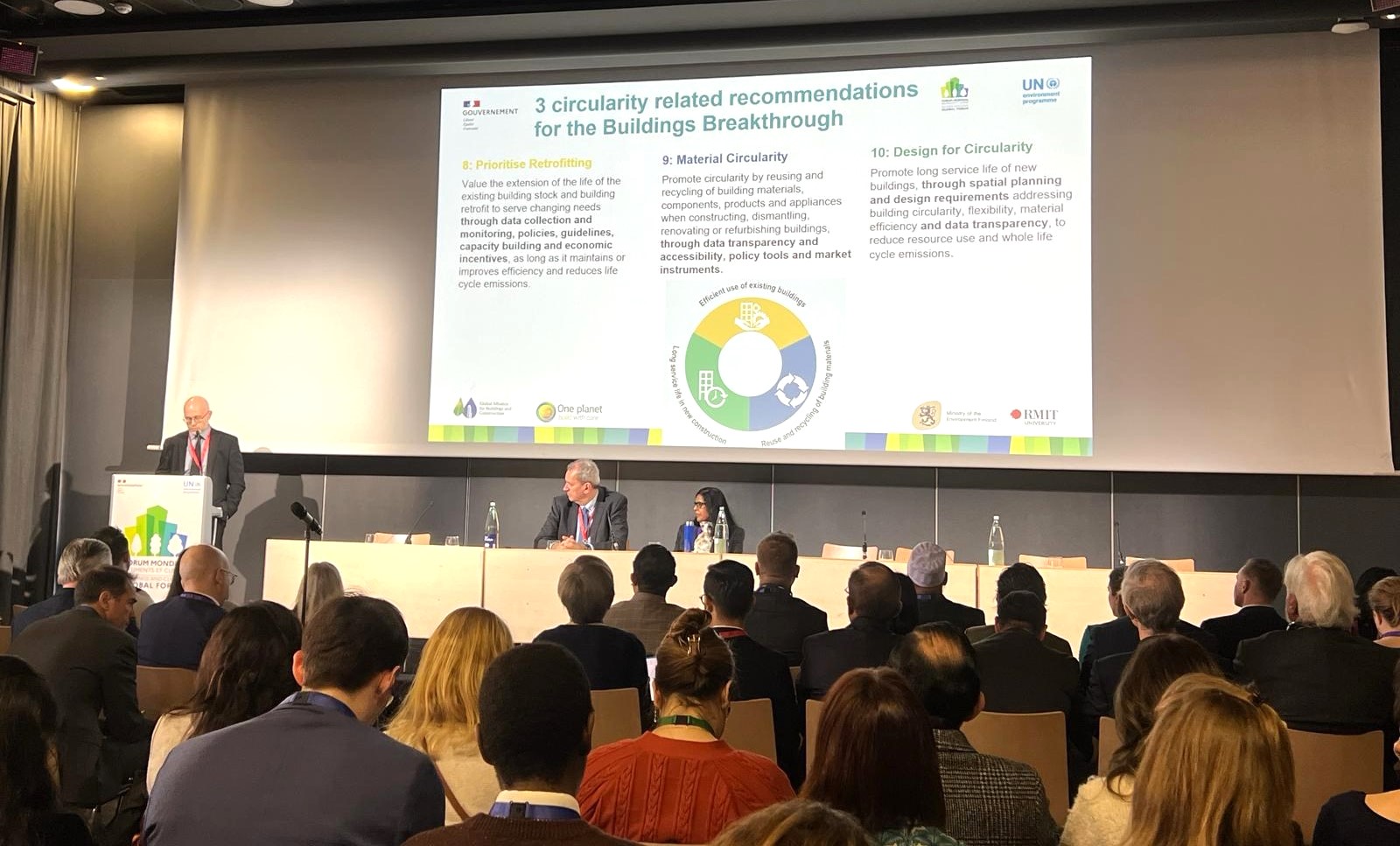Students Workshop
Image

In its ongoing commitment to Education for Sustainable Development and SDG 4– ‘Ensuring inclusive and equitable quality education and promoting lifelong learning opportunities for all’– EEG organised the 16th cycle of the Students’ Workshop in November 2016. It is an implementation platform where the young minds are given the opportunity to learn the value of a sustainable future and the methodologies they themselves can use to work towards it.
The main objectives of the Students’ Workshop are:
• To offer students the opportunity to broaden their knowledge base and sharpen their environmental skills;
• To develop the skills needed to evaluate and to suggest alternative actions to resolve environmental problems and be better citizens of tomorrow;
• To motivate students to enhance the overall quality of the institution environment and guide them towards responsible, ethical and environmental behaviour;
• To afford the participating institutions the opportunity to build up channels of communication and networking;
• To support the concerned authorities and provide them with a blueprint for the successful implementation of “Environment across the Curriculum” programs;
• To empower and enable the students to incorporate sustainable living habits in their academic and personal lives to make their city a sustainable one
EEG has always focused on education as an important means to promote the protection and preservation of the environment. Through the Students’ Workshop, we ensure that students are equipped with the knowledge by offering interesting and interactive sessions. This platform provides students with first-hand information on initiatives that are being undertaken to promote sustainable consumption habits. The Workshop also aims to encourage involvement among students in the green movement in their institutions and communities as EEG believes this will be fundamental in shifting current lifestyles and behaviour towards a responsible production practices.
The Workshop, which was conducted in November 2016, catered to four different age groups: Junior (10–12 years), Sub Senior (13–15 years), Senior (16– 18 years) and Undergraduate level students(19-21 years). The topics covered were of high relevance to current global and national environmental scenarios. Interactive sessions, debates, and discussions were a major theme in this platform, influencing students to cooperate and learn from each other.
Out of all the 17 Sustainable Development Goals, EEG focused on six main goals as part of the Workshop sessions:
• Zero hunger;
• Quality education;
• Clean water and sanitation;
• Affordable and clean energy;
• Responsible consumption and production; and
• Climate Change
EEG developed interesting presentations, videos, activities for the benefit of the students and invited expert guest speakers to facilitate hour-long sessions.
EEG’s Students’ Workshop in 2016 was attended by 485 students and 87 teachers from 94 educational institutions across the UAE.
The Students’ Workshop has grown from strength to strength since its inception in 2001. We would like to provide a breakdown to represent this:
• 2001: 72 students participated
• 2004: 250 students participated
• 2006: 350 students participated
• 2008: 471 students participated
• 2016: 485 students participated
In terms of academic institutions that participated, we had 13 schools in 2001 as opposed to 94 in 2016.
Another important impact of the Student’s Workshops is that it offers students with an exciting opportunity to learn and share ideas with each other in their age group from different backgrounds religion & ethnicity.
It also facilitates networking between teachers, which leads to knowledge-sharing and exchange of ideas in inclusive teaching and learning environment. EEG also develops an in-house manual that is gifted to the participating teachers to help them facilitate the discussions later on in their respective schools.
This is one of EEG’s most popular and eagerly awaited programmes in the year. It has always garnered great interest from schools across the UAE. However, we would like to invite private sector and civil society organisations on board to aid in expanding the reach of the programme.. Our plans for the future include:
• Invite students and teachers from neighbouring Arab countries
• Invite regional and international expert speakers to facilitate sessions
• Offer participating students with more props/tools etc. during the sessions to be able to tackle actual challenges and come up with innovative solutions.
Thus, we look forward to like-minded organisations coming on board to work with us in this highly impactful programme.
Supporting document(s)
Image


